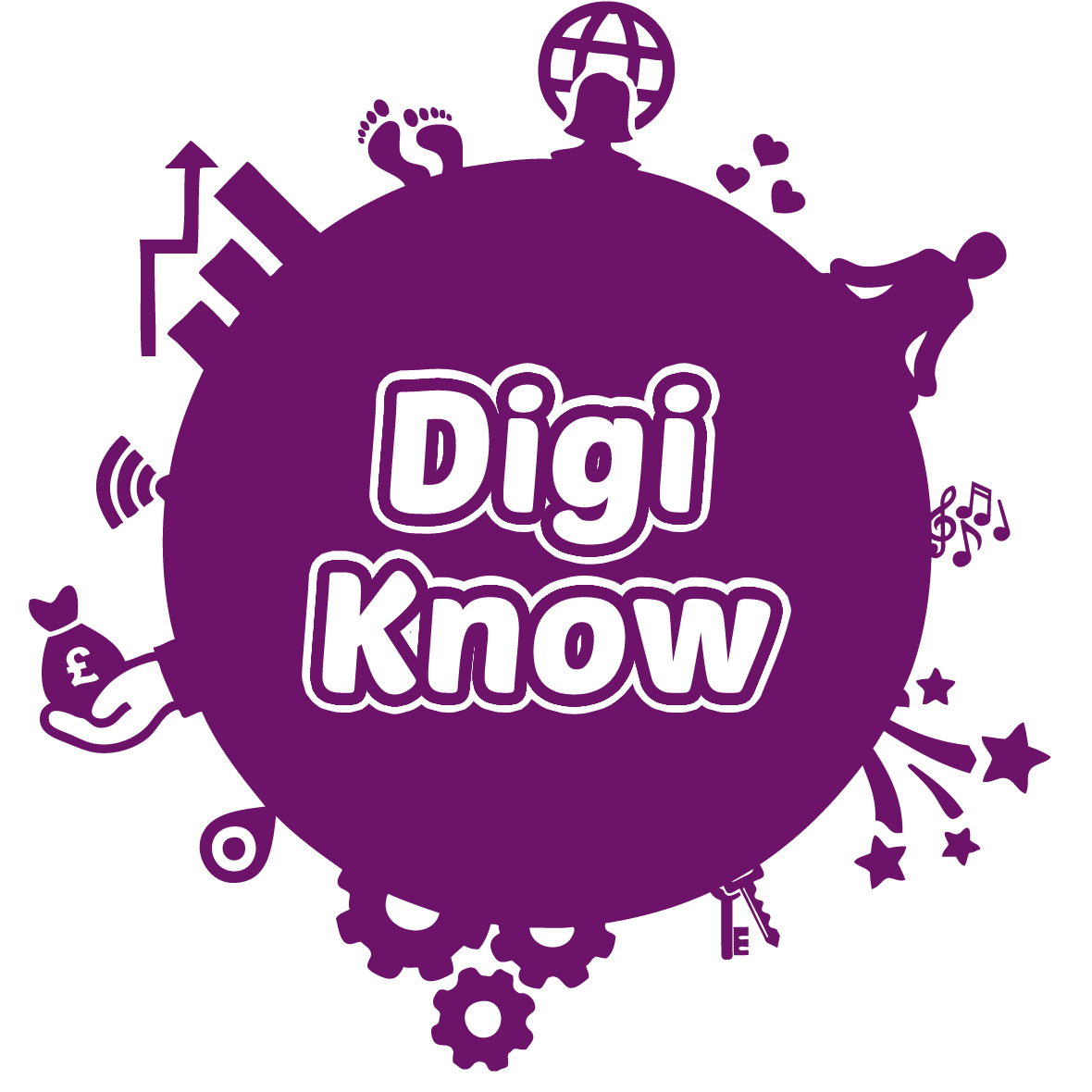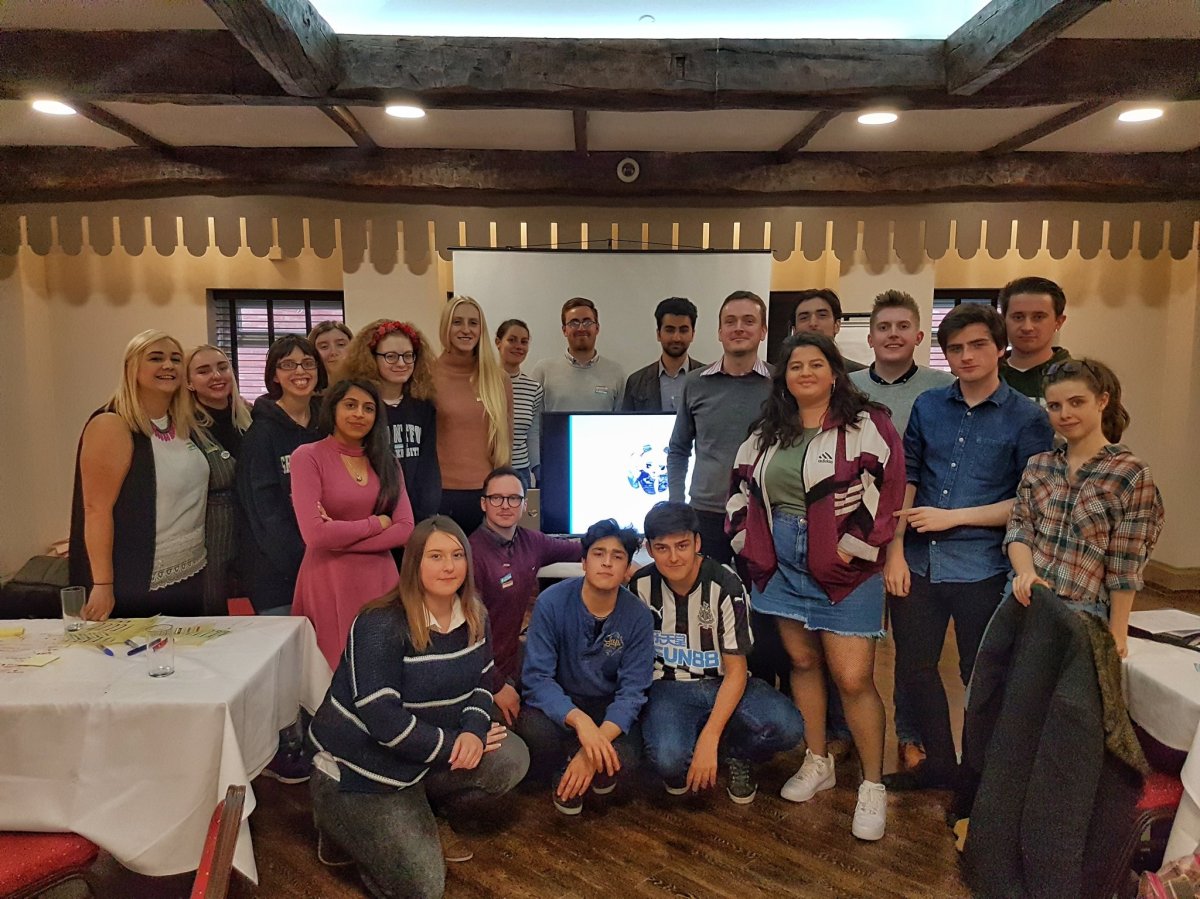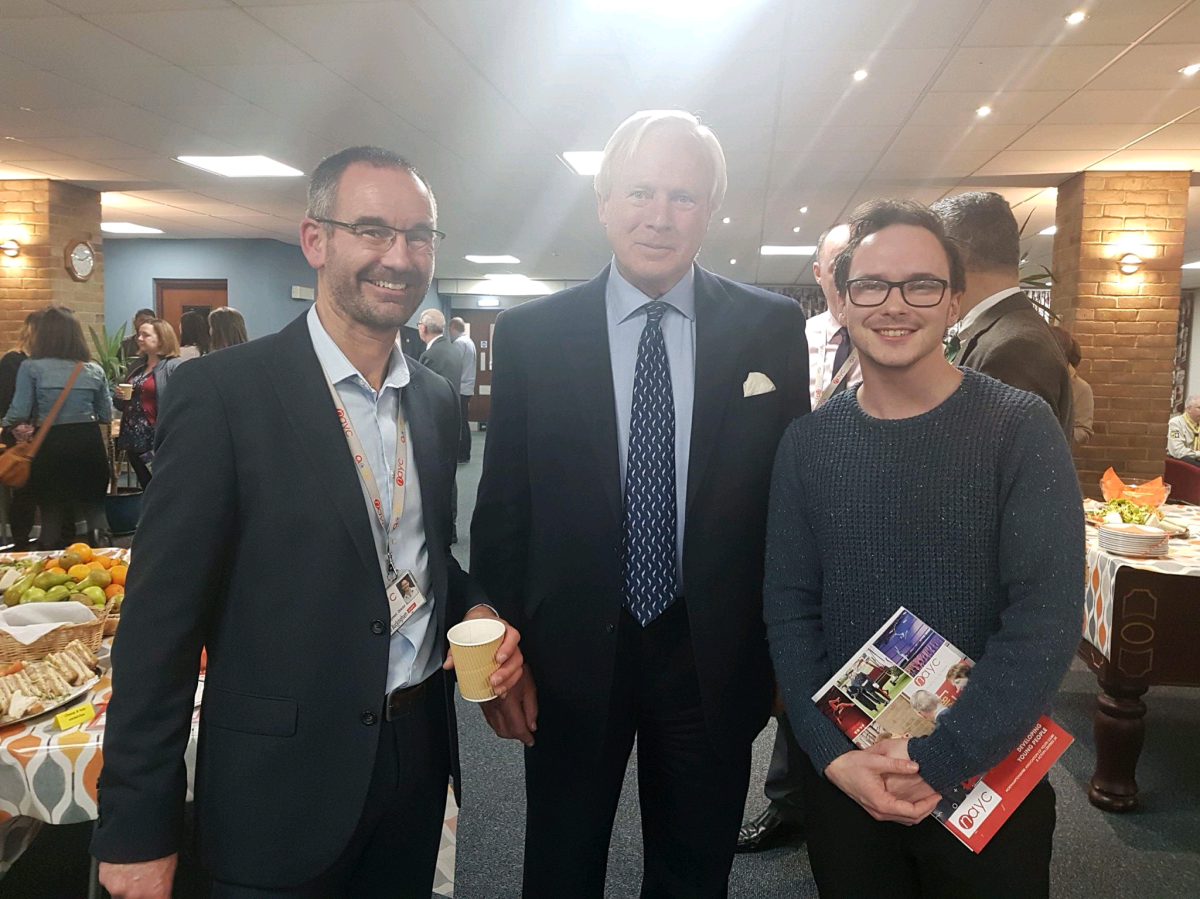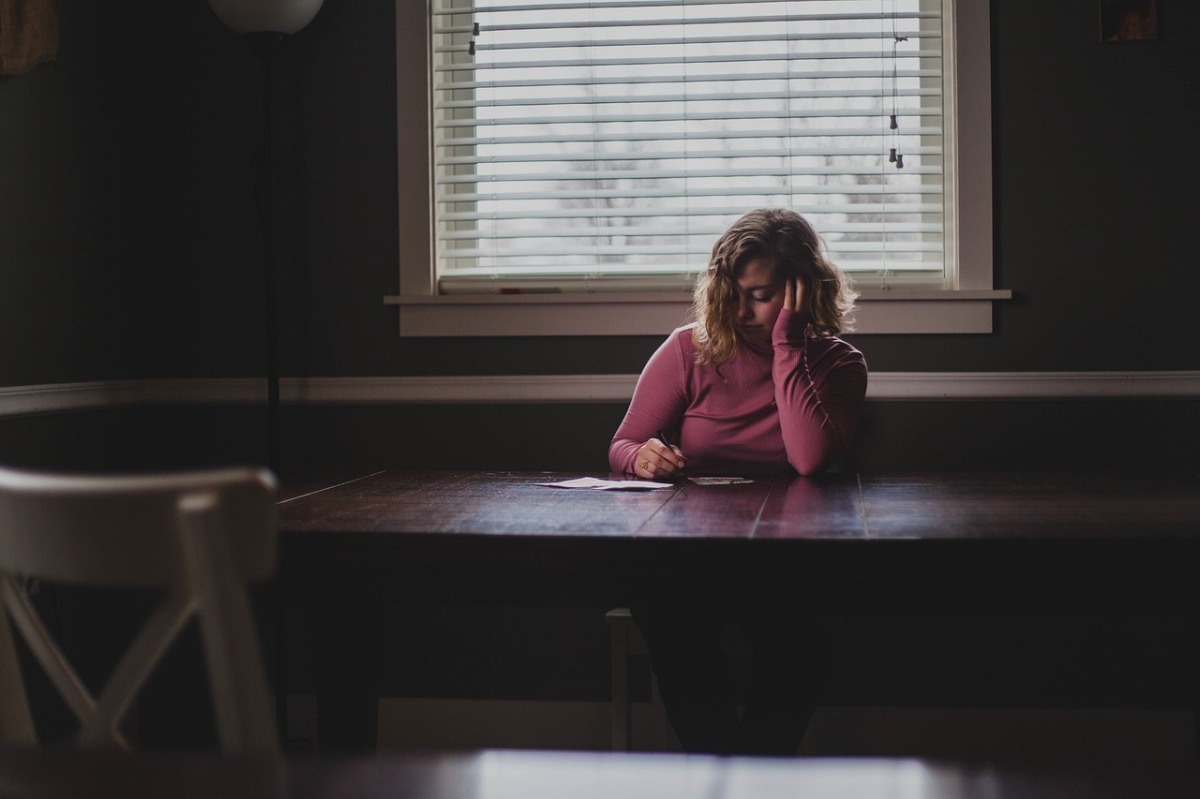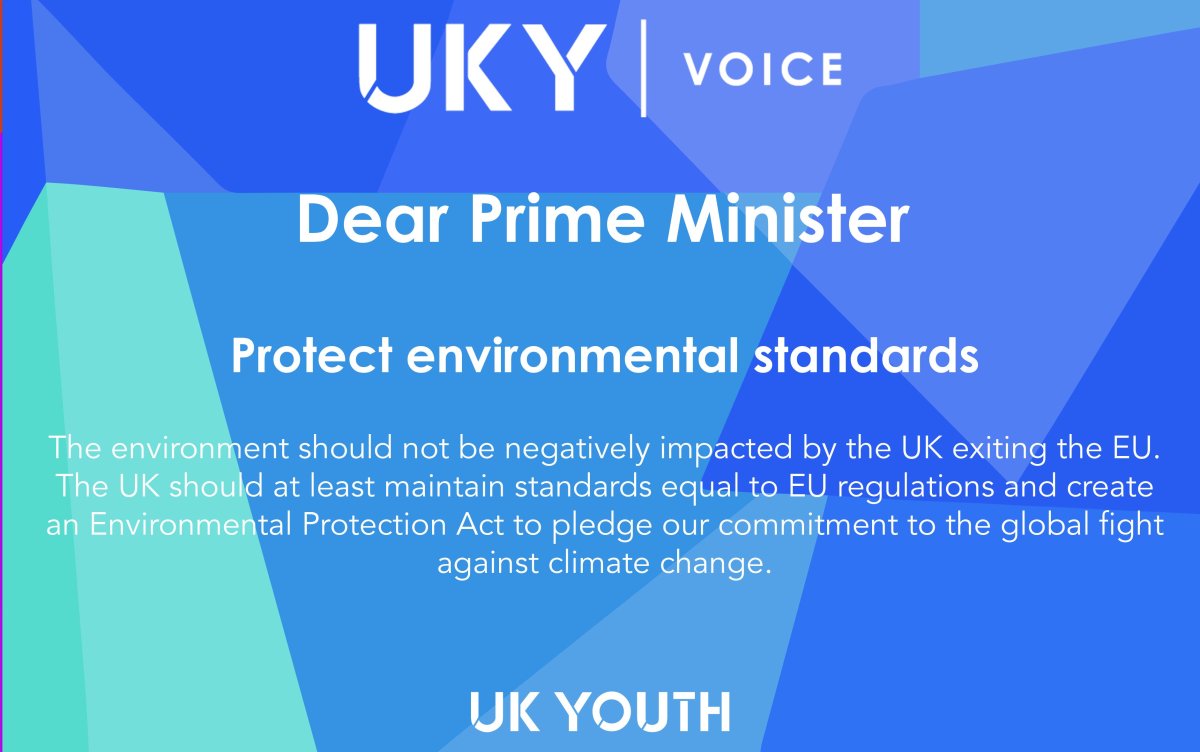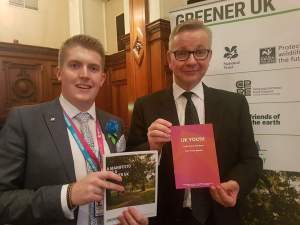By Christina Watson at UK Youth. This post also appeared on the Nominet Trust website here
To celebrate Safer Internet Day 2018, which promotes the safe and positive use of digital technology for children and young people, we’re raising awareness of the 300,000 young people in the UK who are estimated to be “digitally excluded”.
The Basic Digital Skills UK 2017 report suggests that at least 3% of those aged 15-24 lack the basic, resilient digital skills that many assume young people have by default. These skills include the ability to use a search engine to find information, complete online application forms, manage money or solve a problem using a digital service.
Digi-Know
To address this lack of digital skills in young people, particularly those who are facing personal, circumstantial or systemic barriers, we launched a new programme last year. Our Digi-Know programme, which is part of the Digital Reach programme by Nominet Trust, helps empower disadvantaged young people to access a world that’s now digital-by-default. Through Digi-Know, we set up 10 unique Digi-Know hubs in youth organisations in our network, creating a bespoke digital space within each local service and providing training to youth workers and young Champions to deliver creative digital skills sessions.
Building a better internet
Through the programme, we’ve been able to see a real difference in the lives of young people, ensuring they’re prepared for their future ahead.
The training includes support to remain safe online, with sessions covering topics such as cybersecurity, privacy, digital footprint and digital citizen identity.
Our resources are linked to how young people use digital media, what they put out in the world and who and how they connect with others. Participants are encouraged to explore the safety of their activity and are trained against their individual needs, through a range of engaging and dynamic resources.
Digi-Know sessions, led both by youth workers and young champions are helping hundreds of young people feel empowered online. Throughout the programme, we’re closely monitoring the development in young people’s skills and confidence and hope to share our positive findings later in the year. It’s clear from early findings that young people are increasingly facing pressures online that they aren’t always prepared for.
By raising awareness, Safer Internet Day encourages people to work together to build a better internet and our Digi-Know programme is just one of many ways the youth sector is helping young people feel safe, confident and creative online. Help showcase the vital role youth organisations play in tackling digital exclusion by joining the conversation at #SID2018.

